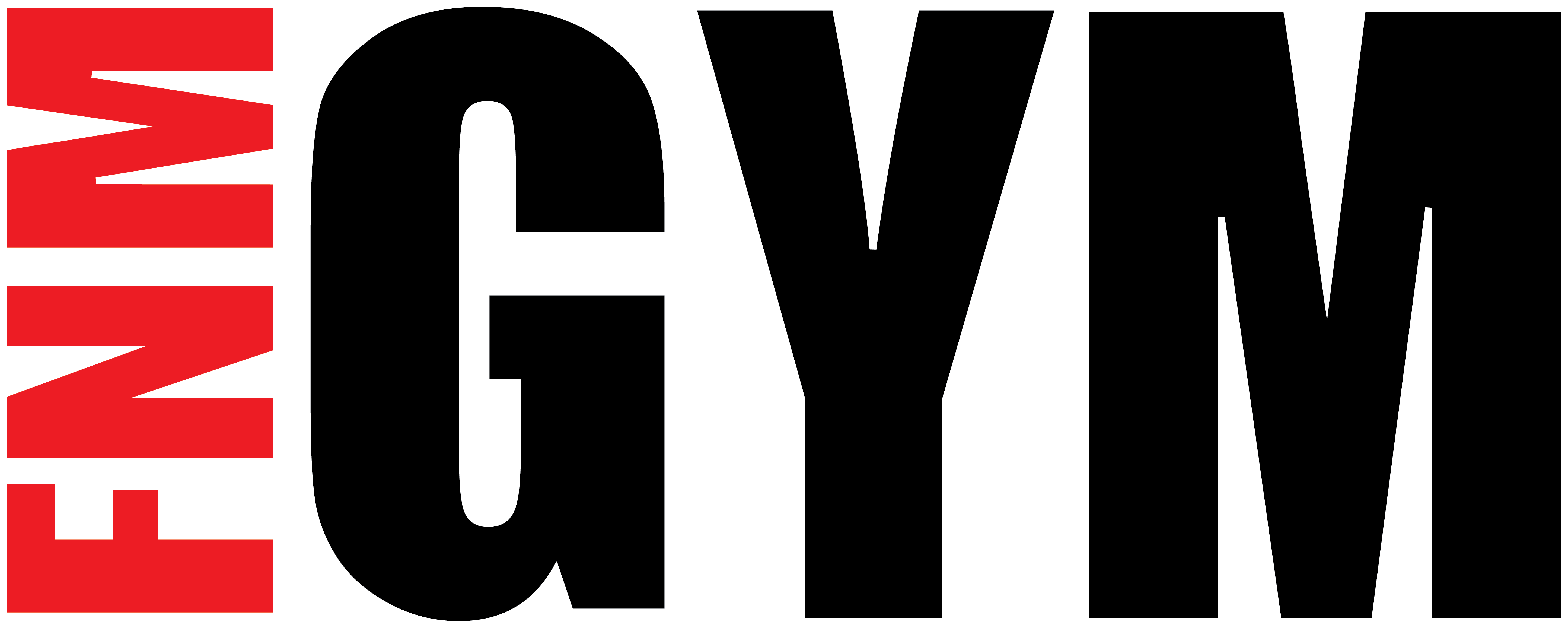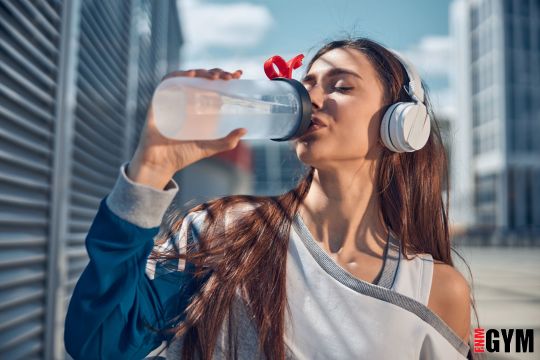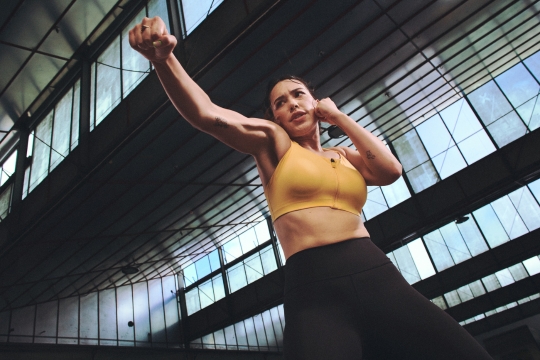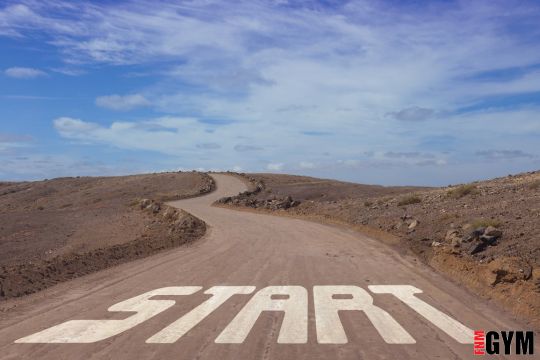Welcome to Fitness n Motion Health Centre (FNM)! As a family-owned and run gym, we’re dedicated to helping you achieve your fitness goals in a supportive, inclusive environment. Today, we’re diving into a fundamental topic that’s essential for your health and fitness journey: hydration. Grab a glass of water, and let’s get started!
The Role of Water in the Body
Water is life. It makes up about 60% of your body and is involved in nearly every vital process. For instance, it helps regulate body temperature and aids digestion. Furthermore, water plays a crucial role in maintaining overall health. Below are some key roles that water plays in the body:
- Temperature Regulation: Water helps maintain your body temperature through sweating and respiration.
- Nutrient Transport: It carries essential nutrients and oxygen to your cells.
- Waste Removal: Water aids in the removal of waste products via urine and sweat.
- Joint Lubrication: It keeps your joints lubricated and functioning smoothly.
- Digestive Aid: Water is vital for digestion and the absorption of nutrients.
Without adequate hydration, these critical functions can’t operate efficiently, leading to various health issues and submaximal fitness performance.
Effects of Dehydration on Performance
Staying hydrated is especially crucial when you’re working out. As a result, dehydration can sneak up on you, impacting your performance and overall well-being. To illustrate, here’s how dehydration affects your fitness:
- Reduced Endurance: Dehydration lowers your endurance, making workouts feel harder and reducing your stamina.
- Decreased Strength: Your muscles need water to function optimally. Dehydration can lead to muscle cramps and decreased strength.
- Slower Recovery: Water is essential for muscle recovery. Without it, your muscles can’t repair themselves efficiently.
- Cognitive Decline: Dehydration affects your mental sharpness, leading to slower reaction times and decreased focus.
Even mild dehydration can significantly impact both your physical and mental performance. Consequently, staying hydrated is essential to ensure you get the most out of your workouts and recover quickly.
Tips for Staying Hydrated
Ensuring you stay hydrated is easier than you might think. By following a few simple strategies, you can effortlessly maintain your hydration levels throughout the day. Here are some practical tips to keep you on track:
- Drink Regularly: Don’t wait until you’re thirsty. Sip water throughout the day to maintain hydration levels.
- Carry a Water Bottle: Having a water bottle with you at all times makes it convenient to take frequent sips.
- Monitor Your Urine: Pale yellow urine is a good indicator of proper hydration. Dark urine means you need to drink more water.
- Eat Hydrating Foods: Incorporate water-rich foods like fruits and vegetables into your diet. Cucumbers, watermelons, and oranges are excellent choices.
- Set Reminders: Use phone alarms or apps to remind you to drink water regularly.
Remember, staying hydrated isn’t just about drinking water during workouts; it’s about maintaining hydration throughout the day.
Signs of Dehydration to Watch For
It’s important to recognise the signs of dehydration so you can take action promptly. Here are some common symptoms:
- Thirst: Feeling thirsty is an obvious sign you need more water.
- Dry Mouth and Lips: Dryness in the mouth and on the lips indicates you’re not hydrated enough.
- Fatigue: Dehydration can lead to feelings of tiredness and low energy.
- Dizziness: Feeling lightheaded or dizzy is a red flag for dehydration.
- Dark Urine: Dark yellow or amber-coloured urine is a sign you need to drink more water.
If you experience any of these symptoms, it’s time to reach for that water bottle!
Myths About Hydration
There are several myths about hydration that can lead to confusion. Let’s debunk some common ones:
- Myth 1: Sports Drinks Are Better Than Water. While sports drinks can be beneficial for high-intensity workouts, water is typically sufficient for most exercise routines. In fact, sports drinks contain sugars and electrolytes that are often unnecessary for moderate workouts. Therefore, unless you’re engaging in prolonged or extreme physical activity, sticking with water is usually the best choice.
- Myth 2: You Can Only Hydrate With Water. Although water is indeed the best hydrator, other beverages like herbal teas and milk can also contribute to your overall hydration. However, it’s important to avoid sugary drinks and excessive caffeine, as these can counteract your hydration efforts and potentially lead to dehydration. Therefore, while water should be your primary source of hydration, incorporating a variety of fluids can help maintain your hydration levels.
- Myth 3: You Can’t Overhydrate: Drinking excessive amounts of water in a short period can lead to water intoxication. Balance is key; drink according to your thirst and activity level.
By understanding these myths, you can make better choices about how to stay hydrated.
Conclusion
At Fitness n Motion Health Centre, we care about your health and fitness journey. Staying hydrated is crucial for maintaining peak performance, ensuring efficient recovery, and supporting overall well-being. By drinking water regularly, recognising the signs of dehydration, and debunking common myths, you’ll be well on your way to a healthier, more energized you. So, keep that water bottle handy, and cheers to hydration for fitness!
Click here to discover Simple Nutrition Tips for a Healthier You




